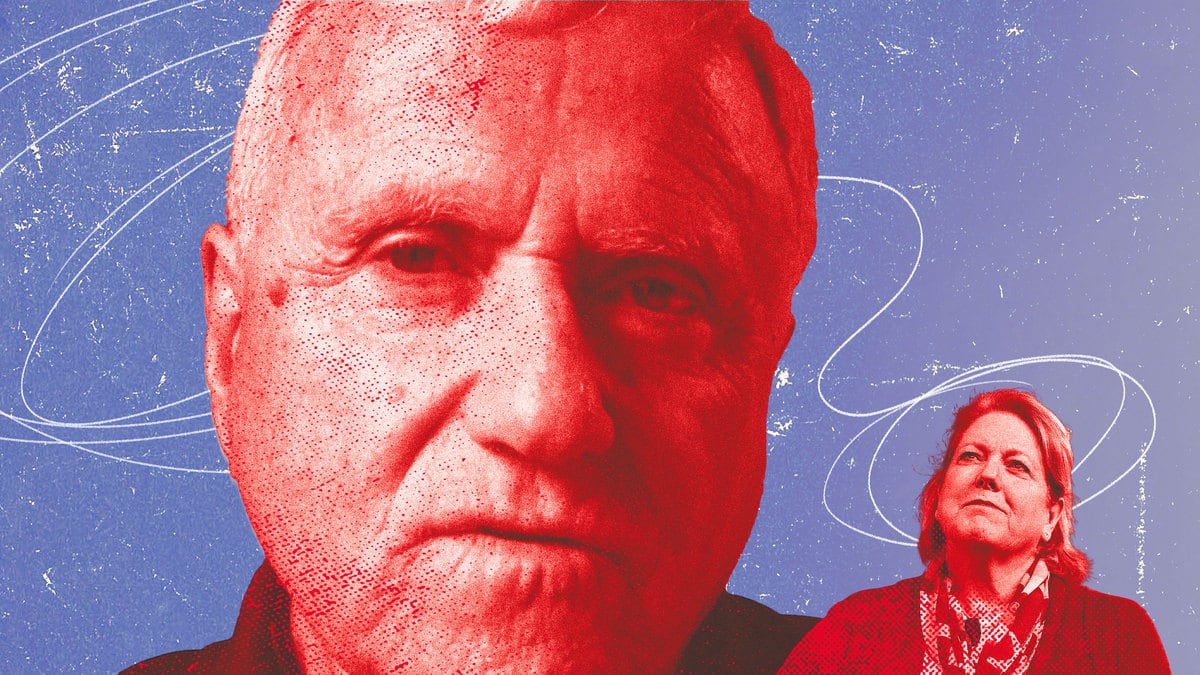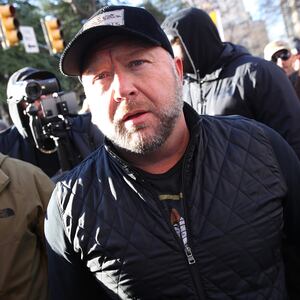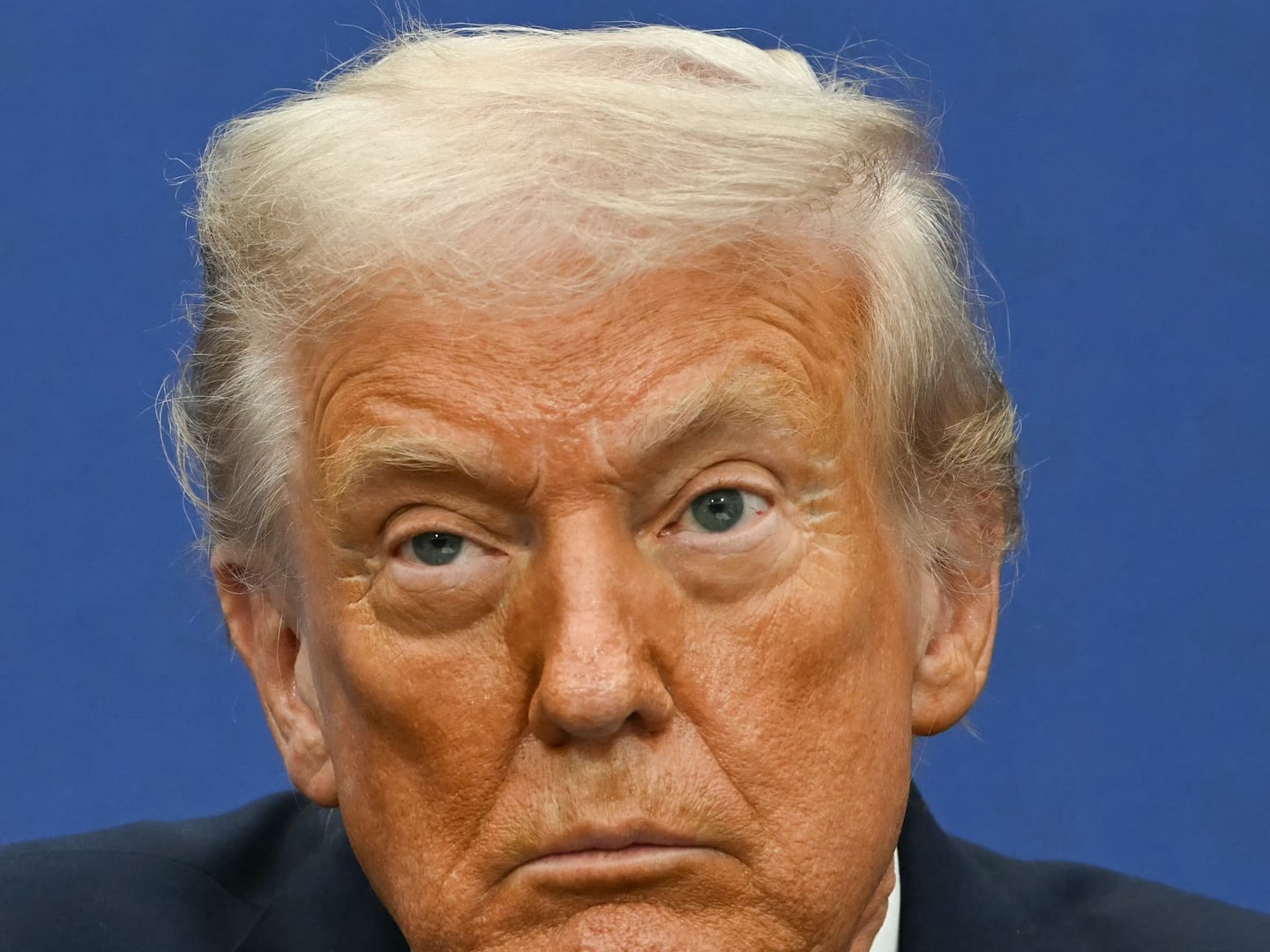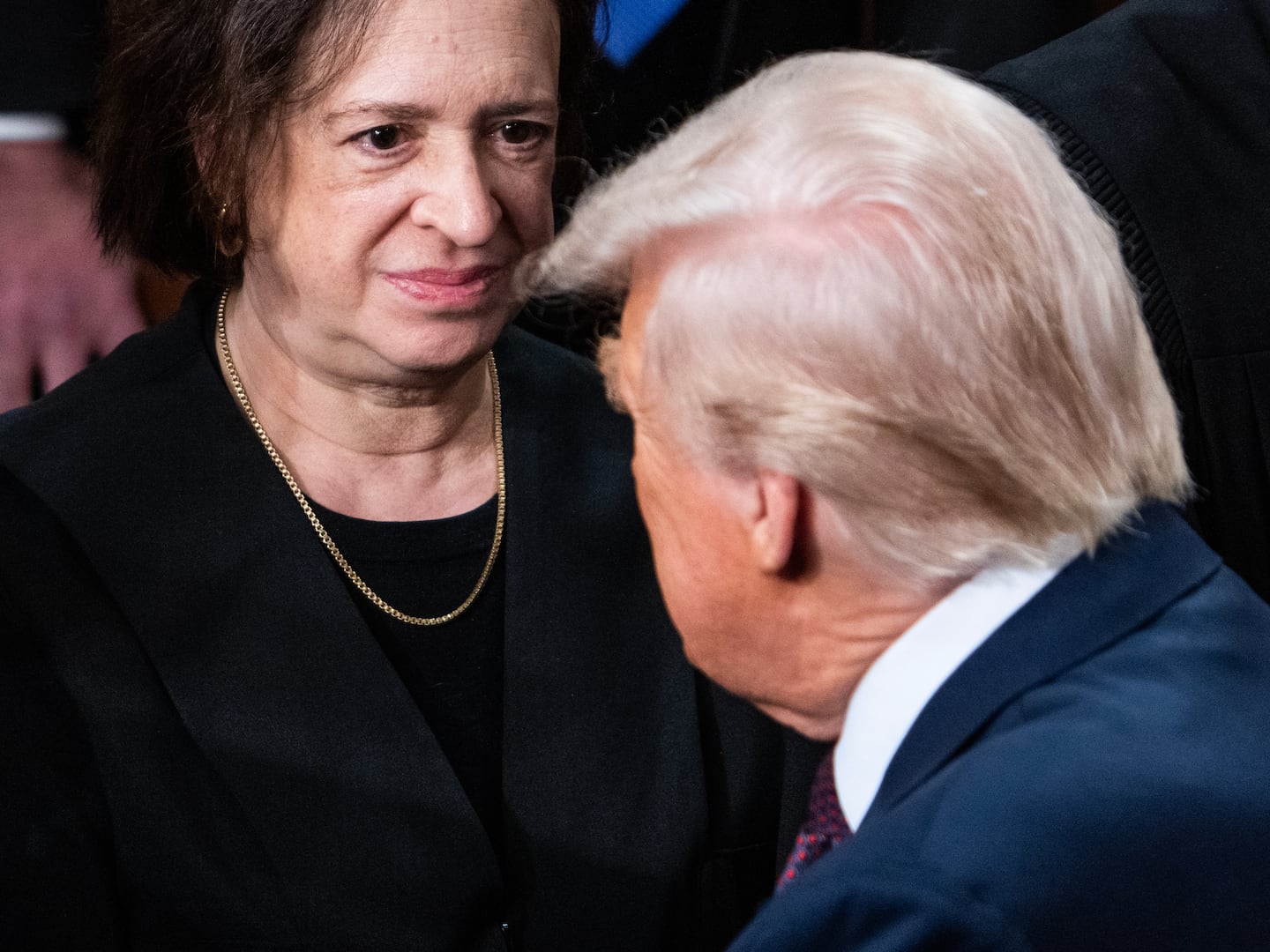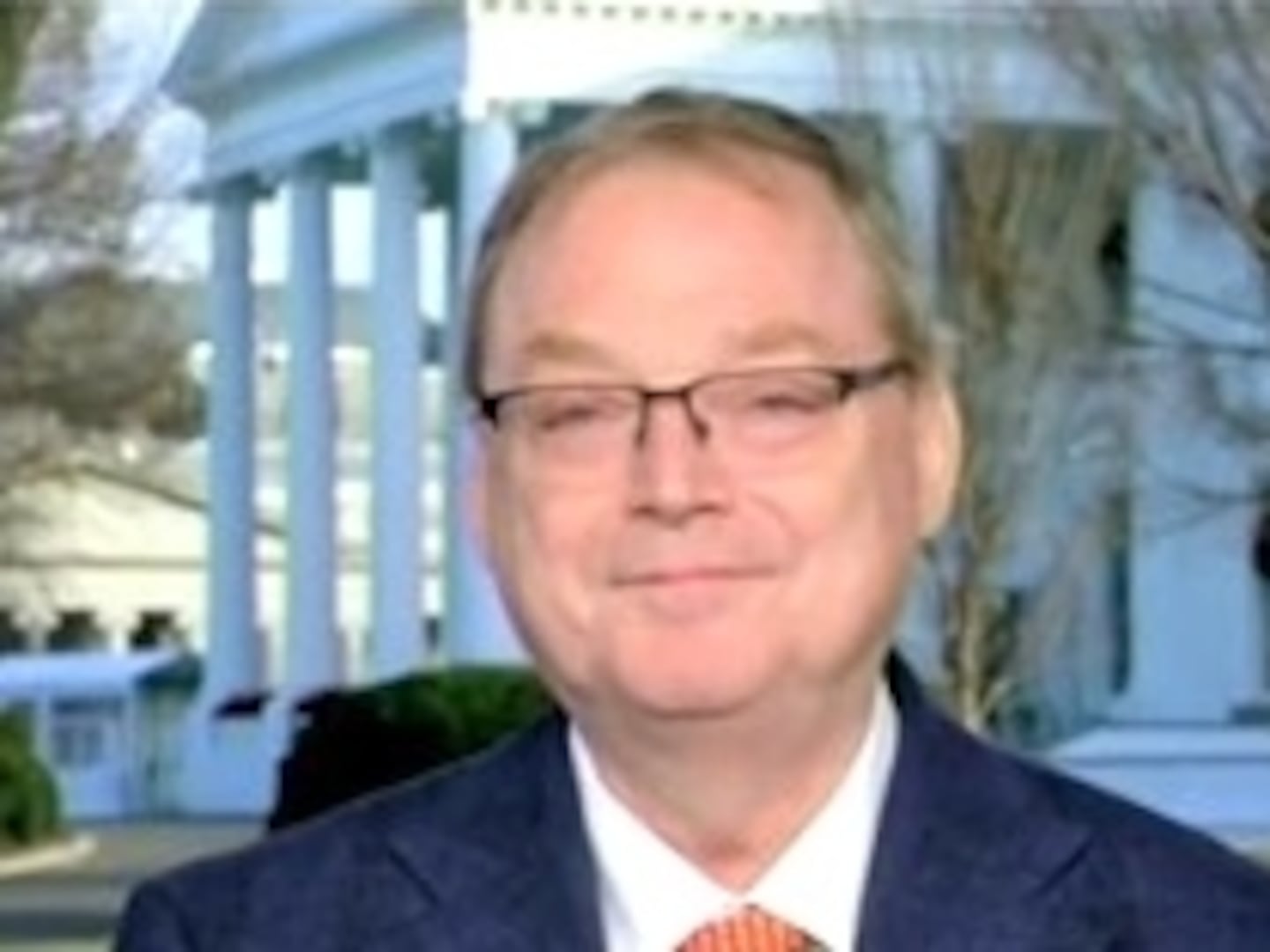As Ginni Thomas, a prominent conservative activist and the wife of Supreme Court Justice Clarence Thomas, made the case to overturn the election to a top adviser to former President Donald Trump in the days after the 2020 election, she cited several conspiracy theories popular with the president’s most deluded supporters
In her messages, published Thursday by CBS News and the Washington Post, Thomas urged then-White House Chief of Staff Mark Meadows to look into the claims of Steve Pieczenik, a little-known conspiracy theorist whose ideas are often too crazy for even Alex Jones.
Thomas appeared to have wholly embraced Pieczenik’s off-the-wall claims in her texts, including the idea that Trump’s election defeat was really a ruse meant to entrap Democratic voter fraudsters.
“If you believe what Steve Pieczenik has to say, you have completely lost all touch with reality,” said Jordan Holmes, a comedian who follows InfoWars and its guests, including Pieczenik, on his Knowledge Fight podcast.
Thomas and Pieczenik didn’t respond to requests for comment.
Pieczenik has a history of lying and often claims to have worked throughout the national security bureaucracy—including in classified positions, all of which makes it difficult to discern what’s true about his identity. He emerged in the media in the late 1980s as an expert on the psychology of hostage-taking. In the 1990s, Pieczenik launched a series of novels with national-security thriller author Tom Clancy.
Whatever grip Pieczenik had on reality began to slip decades ago, when he began to appear on InfoWars. Pieczenik became known for claiming that a tragic event, often a mass shooting, was in fact a false flag event or even faked entirely. He’s argued that the 9/11 attacks, the Sandy Hook shooting, and Pearl Harbor were all false flags. Among other claims, Pieczenik insists he once arrested Pope Francis.
His stories were so wild they even became too much for Jones. After he claimed the 2017 Las Vegas mass shooting that killed 60 people was fake, for example, Jones appeared to temporarily block him from appearing on the outlet. All that has given him a reputation as a loose cannon even by the already outré standards of the InfoWars green room.
“Pieczenik goes on to hit the ball out of the fences every single time, which means he goes too far sometimes,” Holmes said. “And when that happens, he winds up getting put on the backburner for a little while.”
While Jones distanced himself from Pieczenik after the Las Vegas shooting claims, Pieczenik reemerged a few years later as a “vector” to push QAnon claims on InfoWars, according to Holmes. He also became a key figure on the show in the 2020 election, ready to pump out the kind of crazed optimism for Trump supporters that Ginni Thomas later repeated to Trump’s chief of staff. Two days after the election, Thomas texted Meadows video of a Pieczenik appearance on InfoWars’ “War Room” show.
While the YouTube video she sent Meadows has been deleted, other copies posted on far-right YouTube alternatives reveal that the video was about Pieczenik’s claim that the election was a ruse meant to catch Democrats. In the video, a Hawaiian shirt-clad Pieczenik tells InfoWars host and future Jan. 6 indictee Owen Shroyer about how secret watermarks on the ballots would be used to find fake ballots and arrest leading liberals.
Pieczenik predicted the arrests would begin within days.
“You’re seeing a sophisticated sting operation that was initiated by Trump,” Pieczenik said. “I’m just a lowly peasant in this game.”
Thomas appears to have found solace in Pieczenik’s claim that Trump hadn’t really lost the election.
“I hope this is true; never heard anything like this before, or even a hint of it,” Thomas wrote to Meadows. “Possible???”
Thomas embraced other Pieczenik claims, telling Meadows that military “white hats”—a QAnon term for pro-Trump forces in the federal government—had been deployed to key states.
It’s not clear how Thomas first encountered Pieczenik’s work. But her praise for his obviously ludicrous claims demonstrate the power that conspiracy theories had on Trump’s inner circle.
“It’s so funny how crazy this guy is,” Holmes said. “But at the same time he’s been around pulling these weirdo [psychological operations] for the past 50 years, and it does seem like he’s had a pretty big effect on people.”

